Why Does Salt Kill Slugs? Here Are Some More Humane Ways to Repel Slugs
Published Dec. 7 2020, 5:23 p.m. ET
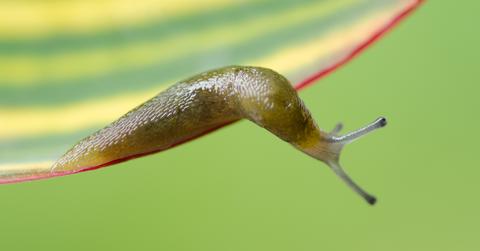
Slugs aren’t the fastest garden variety pests around, but they are persistent. As far as means for getting rid of them go, salt is still one of the best ways to keep slugs away from your prized cabbages. It’s not a great solution, of course, especially considering the fatal effects of such seasoning, but many folks don’t know of any other ways to get rid of slugs — even if there are many. Still, all other remedies notwithstanding, why does salt kill slugs?
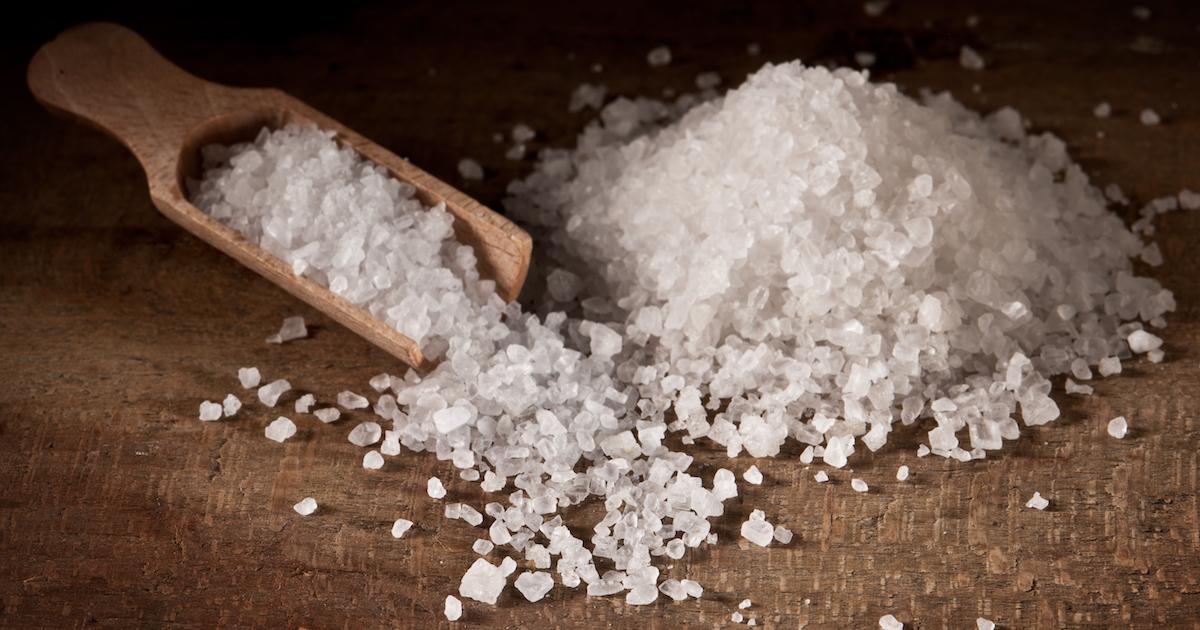
What are slugs?
Slugs, like snails, are simple, terrestrial mollusks that move slowly and eat a ton. They are simple creatures, content to eat, drink, and mate, stopping only periodically to rest or find shelter. Like snails, they move by pushing themselves across trails of constantly secreted mucus.
Unlike snails, slugs do not possess a “protective” shell that they can retract into when predators rear their ugly heads. Also unlike snails, who prefer to dine on vegetation, slugs are not strictly herbivorous.
What do slugs eat?
According to the Natural History Museum, slugs are considered generalists. This means they have evolved to eat just about everything. They are herbivorous, carnivorous, omnivorous, and detritivorous, which means they feed on everything from worms to mushrooms to carrots and decaying waste from plants and other animals — so yes, they also eat poop. They live around any moist, shadowy area that’s close to their favorite food sources, which is why you may have accidentally grabbed one on the handle of your garbage can late at night.
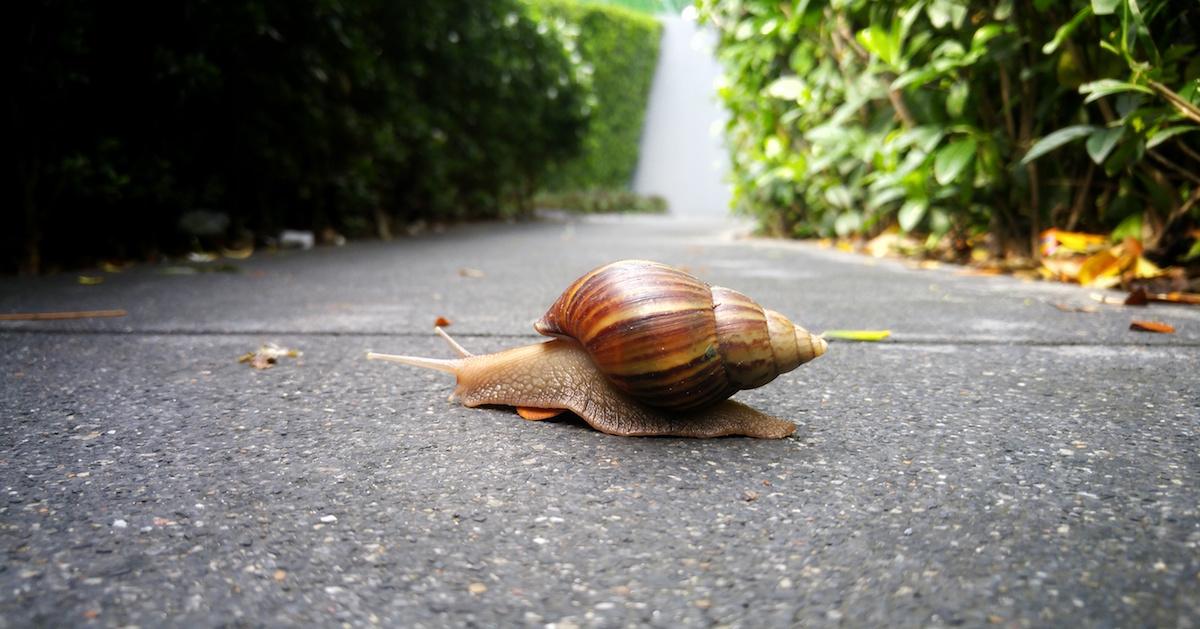
Why does salt kill slugs?
Slugs are slain by salt because of the scientific principle of osmosis. As explained by Britannica, osmosis occurs when a solution meets a permeable membrane. This solution is typically a homogenous mixture of two (or more) substances where one substance, the solute, is dissolved in the other, the solvent.
When the solution sits on both sides of a permeable membrane, i.e. slug skin, the solvent can pass through the membrane. In osmosis, solutions usually pass to whichever side has more solute. It’s a way of evening out the concentration of the solution in a natural way.
Slug cells are basically all water trapped inside very, very permeable membranes. If you sprinkle salt on a slug, the crystals will mix with the water in the slug’s mucus, creating a salt-water solution. But this new solution now has a higher salt content than that of the water within the slug’s cells. In order to even things out, water from the slug's cells is pulled out to join the salt-water mucus and dilute it, which it does, thereby dehydrating the slug from the inside out. Doesn’t sound like a pleasant way to go, does it?
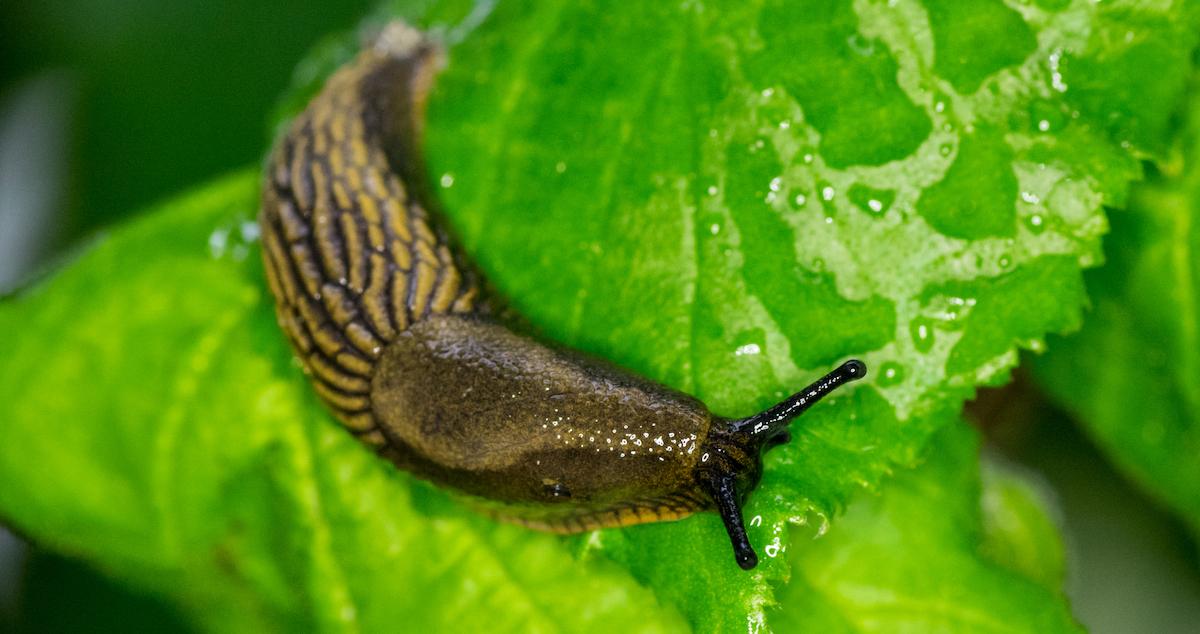
Why doesn’t salt hurt us the same way?
For human beings, this much salt is nothing compared to the water we have in our cells. Our skin is also not a thin, permeable membrane. It is a thick organ, designed to block out everything from solar radiation to pricker bushes. We do possess some semi-permeable membranes on our person. Our eyes are pretty permeable, actually. And if that made you blink or wince a little, you’re not alone. If you were to salt your eye, you might feel what a slug is feeling.
Can slugs suffer or feel pain?
Salting slugs might end up being the solution you choose to get rid of them, but even if you don’t care much for their opinions, you might be curious to know if this method causes them pain. Slugs don’t scream or cry out, but they do have pain receptors like most other creatures. Therefore, the act of desiccating their entire body from the inside out like a batch of soggy french fries is not exactly the most humane way of dealing with them.
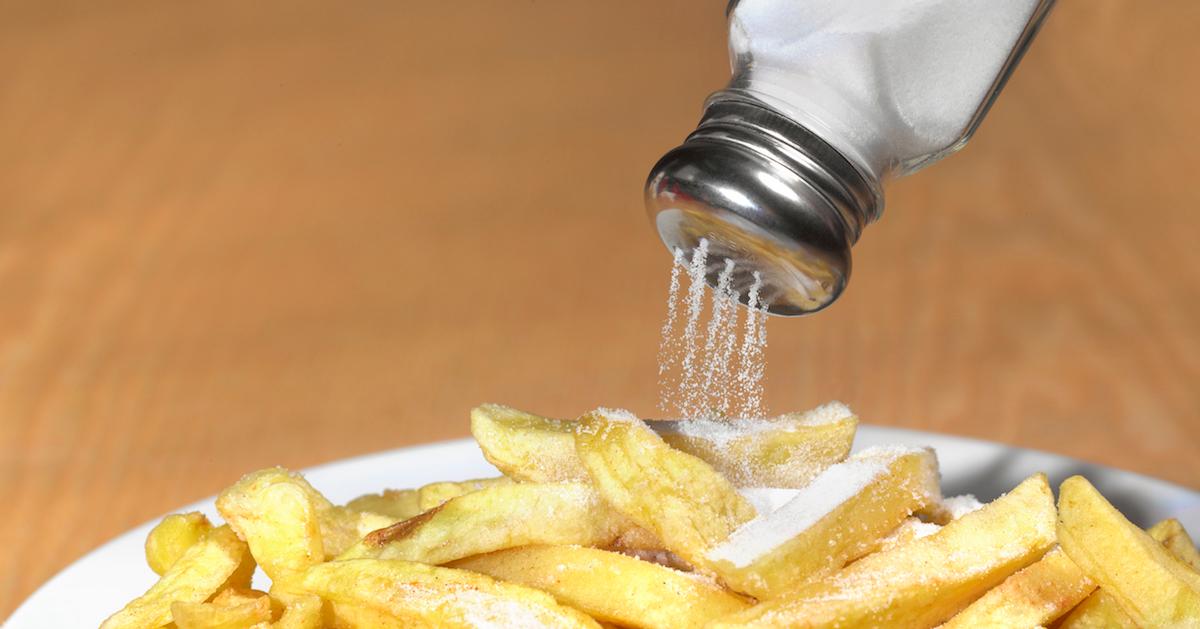
What are some natural ways to get rid of slugs?
There are some very funny natural ways to keep slugs out of your garden, a few of which actually involve utilizing your own garbage. First, slugs sensitive bellies don’t really like moving across uncomfortable surfaces. So if you happen to have a nice soft patch of earth beneath your lettuce or cabbage plants, crush up some eggshells or some nutshells and scatter them all around. The slugs will back off rather than risk cutting up their bellies.
Coffee grounds are another foodstuff that even the not-so-picky slugs don’t want any part of. Sprinkle fresh coffee grounds — not instant — around your potted plants or in your garden to repel slugs for at least a couple of days. The best part of most of the remedies is that all of them are natural sources of good compost and can actually help your plants to grow stronger and more resilient to garden pests... like slugs.